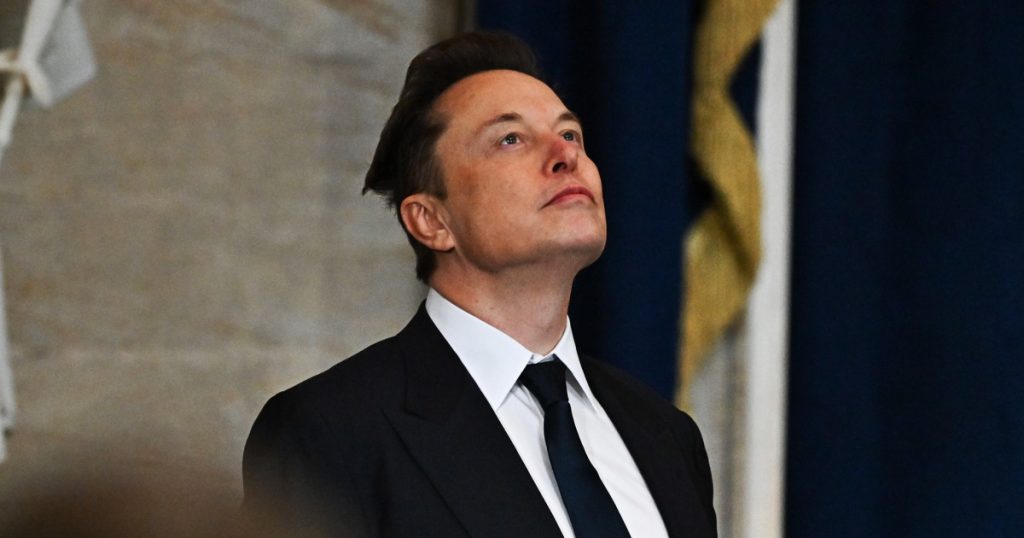Elon Musk’s DOGE and the Labor Department Data Access Controversy
Elon Musk’s Department of Government Efficiency (DOGE) has sparked concern after gaining approval to use PuTTY, a remote-access tool, at the Labor Department. This move, aimed at enhancing government efficiency, has raised eyebrows due to the potential risks of mishandling sensitive data.
Concerns Over Data Security and Privacy
DOGE’s mission to optimize government operations involves accessing vast amounts of data, but the use of PuTTY has worried Labor Department employees. They fear that without proper vetting or experience, DOGE personnel might bypass security protocols, increasing the risk of data breaches. Although PuTTY is a legitimate tool, the issue lies in its application and the potential for improper access.
Legal and Conflicts of Interest
A federal judge denied a restraining order against DOGE’s data access, citing lack of legal standing, yet expressed concerns about their activities. This ambiguity highlights the tension between efficiency goals and privacy rights. Additionally, the involvement of Musk’s companies, such as SpaceX and Tesla, whose data is within Labor Department systems, raises conflict of interest concerns, though both companies have emphasized their commitment to safety.
Technological and Ethical Considerations
DOGE’s use of AI to analyze government data, while innovative, has drawn skepticism. Critics worry about insufficient safeguards and potential misuse. The Balance between leveraging technology for efficiency and protecting privacy is delicate, with both sides presenting valid arguments.
Conclusion
The situation underscores a clash between technological advancement and data security. While DOGE aims to improve government functions, concerns about privacy and proper data handling persist. The debate continues, emphasizing the need for transparency and robust safeguards to protect sensitive information.









